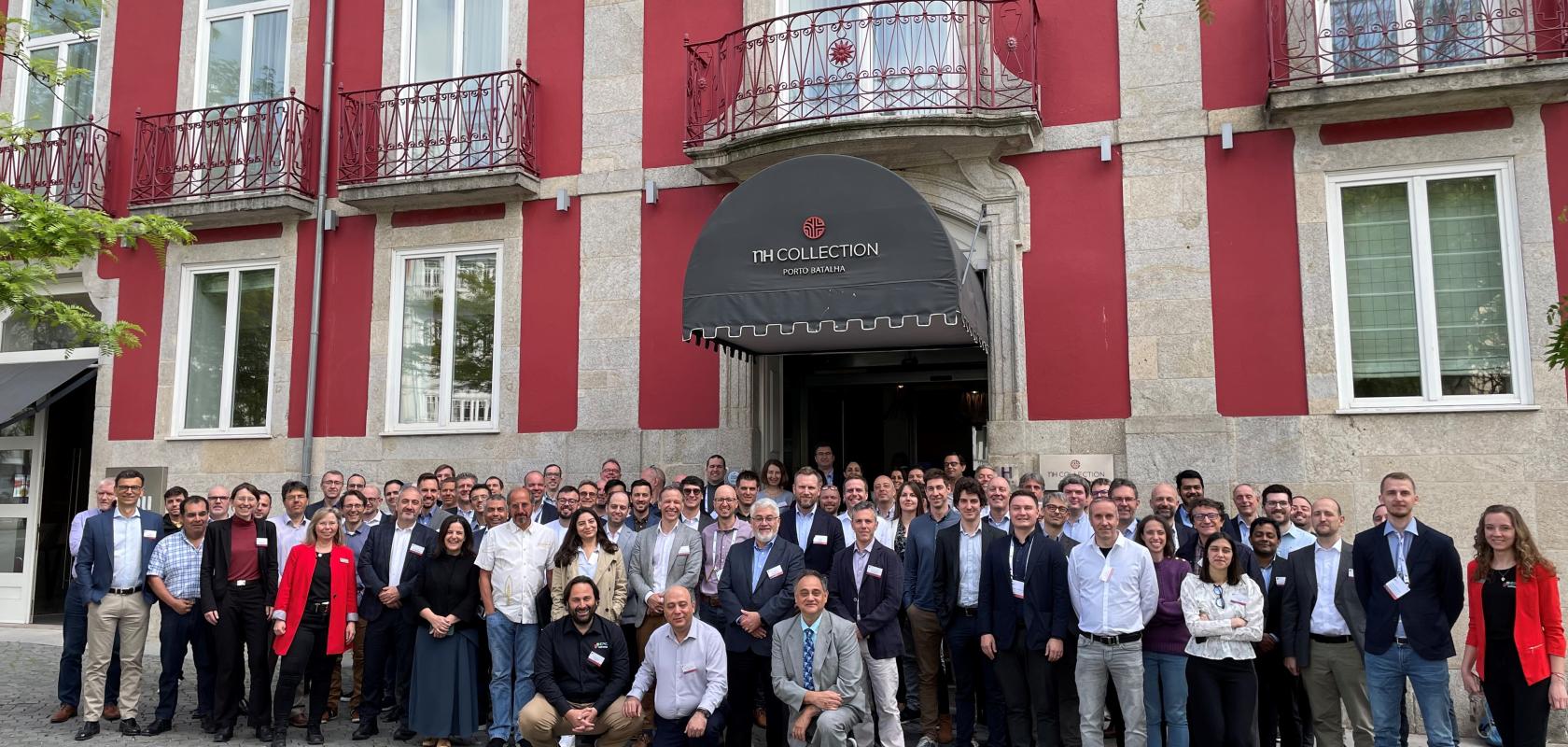Industry experts discussed the possibilities of integrated fibre sensing solutions last week at a conference organised by EPIC in collaboration with HBK FiberSensing.
The meeting, which was hosted in Porto, saw debates on the challenges and opportunities in the fibre sensing market and the new developments of Fiber Bragg Gratings, distributed sensors and interrogators, and other monitoring options. The event aimed to foster collaboration among industry professionals.
Experts agreed that low-cost solutions are compromising reliability and accuracy in the industry, and proposed educating customers about the benefits of fibre sensing solutions. They also highlighted the limitations of using artificial intelligence for predictive information in applications where the amount of data obtained is low.
Attendees came from the aerospace, oil and gas, infrastructure, energy, and medical industries, to name a few, with some presenting their work at the conference.
Paolo Petagna from CERN revealed the challenges of measuring humidity and radiation in an accelerator environment and suggested the industry develop long period Fiber Bragg Gratings as a possible solution, while Evangelos Diatzikis from Siemens Energy discussed the feasibility of fibre sensing in harsh environments such as big generators or gas turbine compressors.
FibreSail’s Carlos Oliveira described fibre optics shape sensing solutions for the wind industry and the requirements of monitoring the blades of windmills, Werner Lienhart from Graz University shared his group’s work on monitoring the structural health of bridges and roads, and Rita Lima from HBK FiberSensing revealed a project to develop a pantograph monitoring solution.
Though the highest sales in the fibre sensing industry are still related to defence and security, according to the attendees, they noted that the medical market is growing rapidly and utilising new integrated solutions. They also pointed out, however, that manufacturers could struggle to find niche markets in future.


